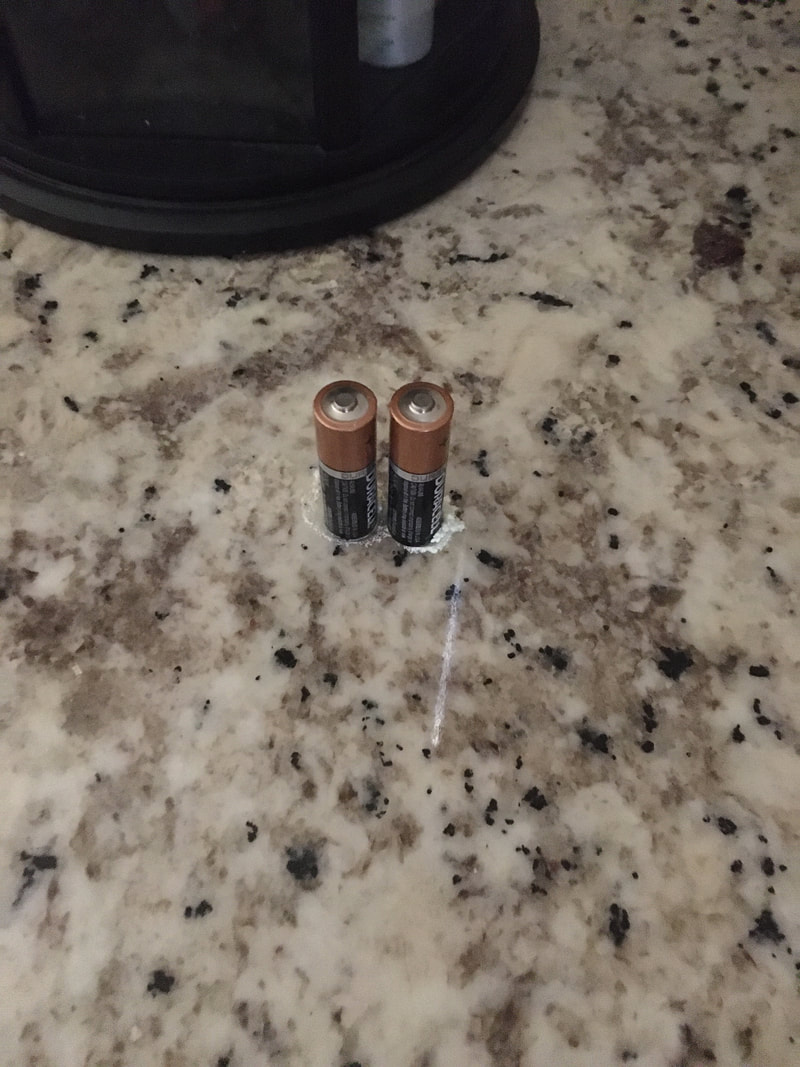Should I remove my batteries from a device if I know I won't be using it for a while?
Yes. Remove batteries from a device when it is not expected to be in use for several months.
Should I store batteries in the refrigerator or freezer?
We recommend storing batteries at room temperature in a dry environment. Extreme heat or cold reduces battery performance. You’ll want to avoid putting battery-powered devices in very warm places. In addition, refrigeration is not necessary or recommended.
How can I get better life out of my batteries?
Here are a few tips to help extend the life of your batteries. – Turn off battery-operated radios and appliances when they’re not in use – Remove batteries from devices that won’t be used for a while – Store your batteries in a dry place at normal room temperature without the contacts touching
Can I mix old and new batteries?
Do not mix old and new batteries. Doing so will reduce overall performance and may cause battery leakage or rupture. We do recommend changing all batteries in a unit at the same time. A partially used battery will drain energy from a new one, reducing the total amount of battery power available.
How can I clean up after a battery leak?
Follow these tips to clean up after a battery has leaked: Work in a well-ventilated area. Wear household gloves and glasses. Using a toothbrush or cotton swab, remove battery leakage from the electrical contacts. Make sure the electronic device is completely dry before trying a new battery. To avoid future problems, adopt the following practices:
- Do not mix and match different battery brands in the same device.
- Remove batteries from devices that are being stored.
- To clean any leakage of the following battery types, Alkaline, NiCAD and NiMH batteries, use either one tablespoon of boric acid in one gallon of water or a mixture of equal amounts of diluted vinegar or lemon juice with water (50/50 ratio).
To read more good advice from the article, click the link below.

 RSS Feed
RSS Feed